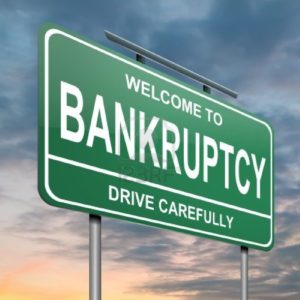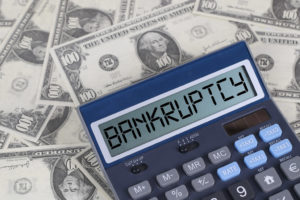 Today’s top story: Mortgage Outlook: A pre-election pause for October rates? Also in the news: A new episode of the SmartMoney podcast on the unequal employment recover and the case for used cars, many avoid bankruptcy out of fear, and how to opt out of pre-screened credit offers.
Today’s top story: Mortgage Outlook: A pre-election pause for October rates? Also in the news: A new episode of the SmartMoney podcast on the unequal employment recover and the case for used cars, many avoid bankruptcy out of fear, and how to opt out of pre-screened credit offers.
Mortgage Outlook: A Pre-Election Pause for October Rates?
Rates are standing still.
Smart Money Podcast: Unequal Employment Recovery, and the Case for Used Cars
Used cars are a no-brainer if you’re trying to save money.
Many avoid bankruptcy out of fear
People often wait too long to file, draining retirement accounts or other assets that would be protected
How to Opt Out of Pre-Screened Credit Offers
Reducing your junk mail.
 Today’s top story: Fear of bankruptcy holds too many people back. Also in the news: Saving for a down payment is only the start for homeowners, pressing pause on private student loans, and it’s time to revise your pandemic budget.
Today’s top story: Fear of bankruptcy holds too many people back. Also in the news: Saving for a down payment is only the start for homeowners, pressing pause on private student loans, and it’s time to revise your pandemic budget. Today’s top story: Start thinking bankruptcy now to maximize your options later. Also in the news: Why this is the perfect time to teach teens about credit, how to protect your stimulus relief check from debt collectors, and how to return a deceased relative’s stimulus check.
Today’s top story: Start thinking bankruptcy now to maximize your options later. Also in the news: Why this is the perfect time to teach teens about credit, how to protect your stimulus relief check from debt collectors, and how to return a deceased relative’s stimulus check.